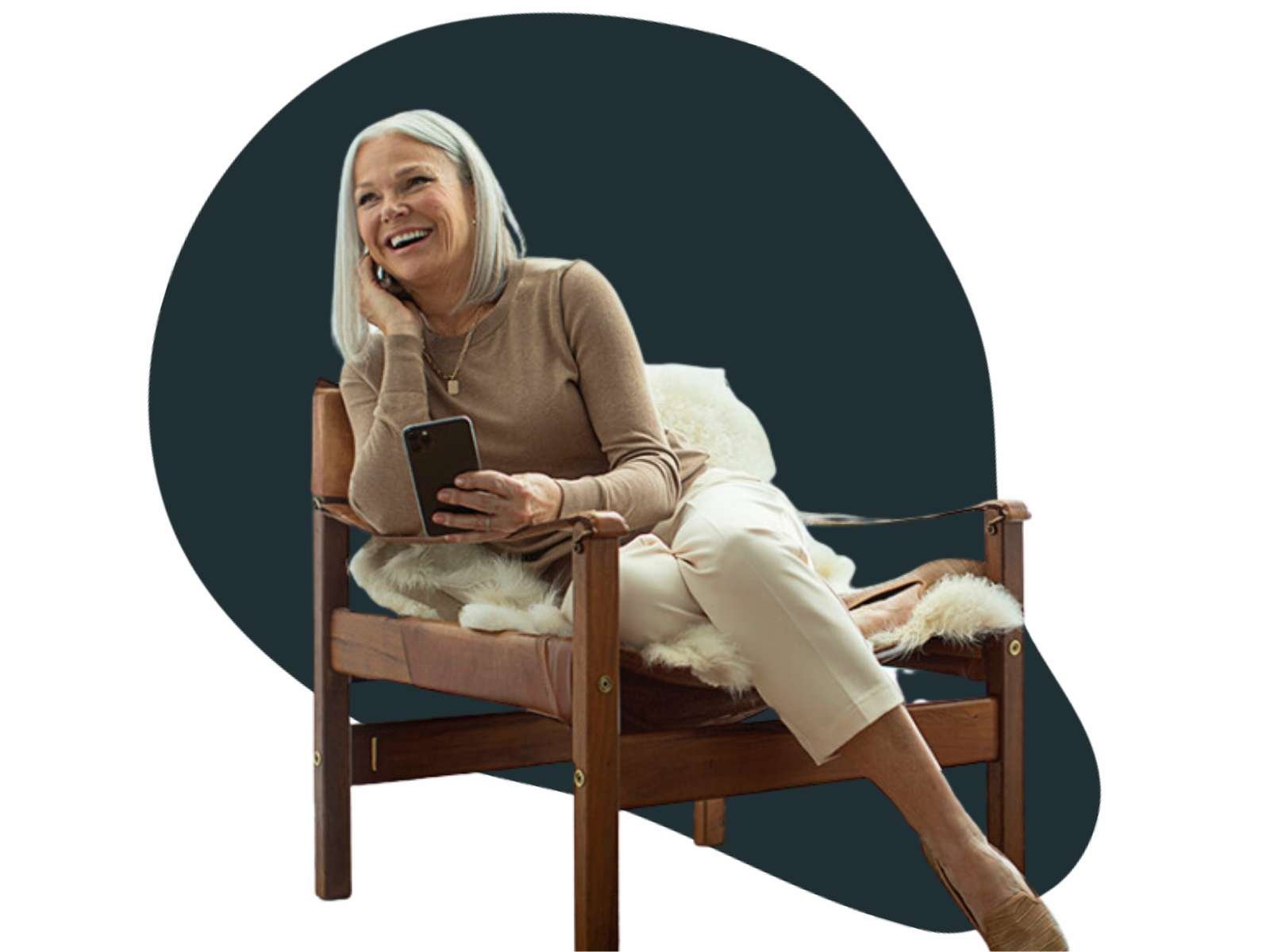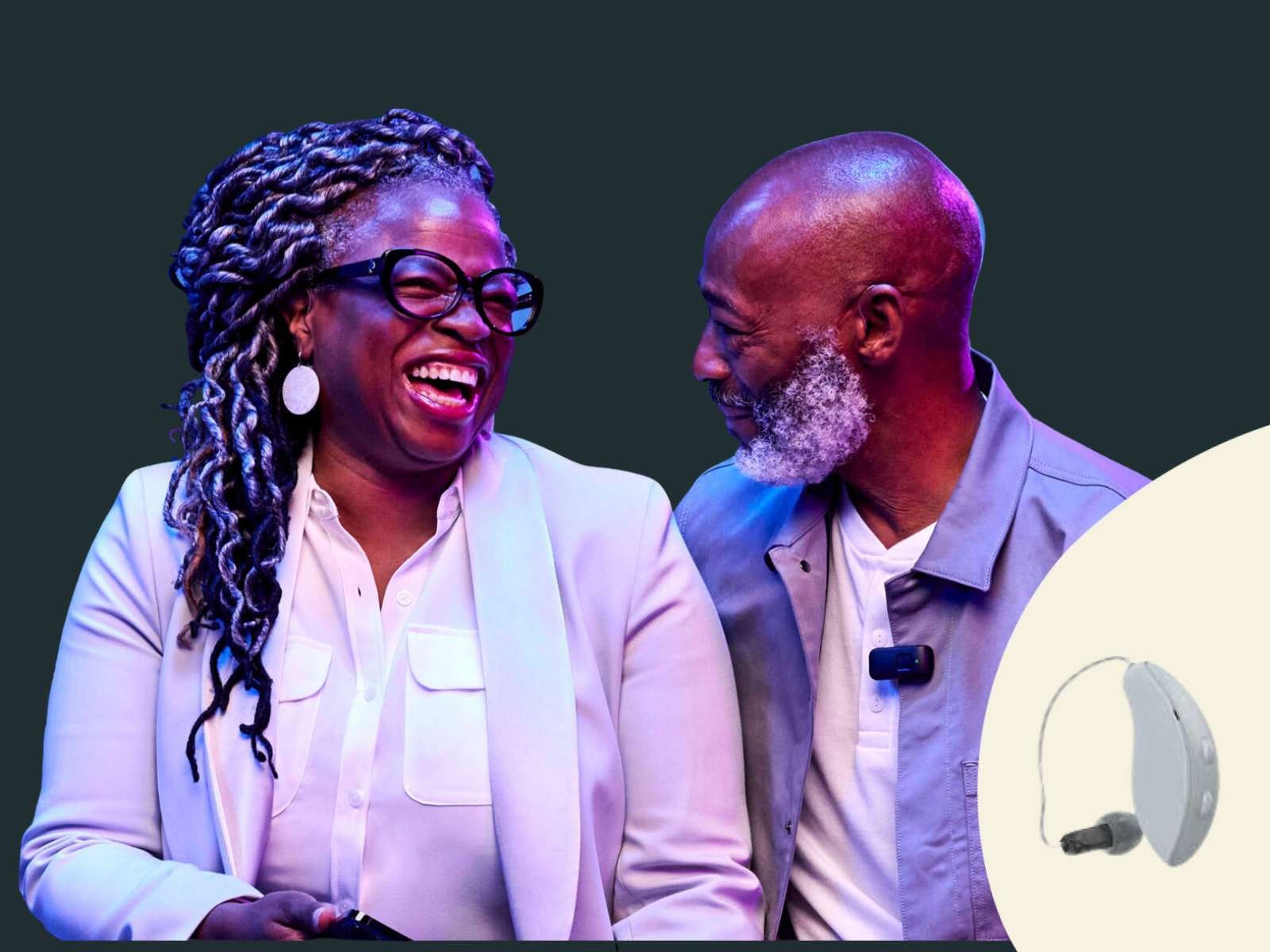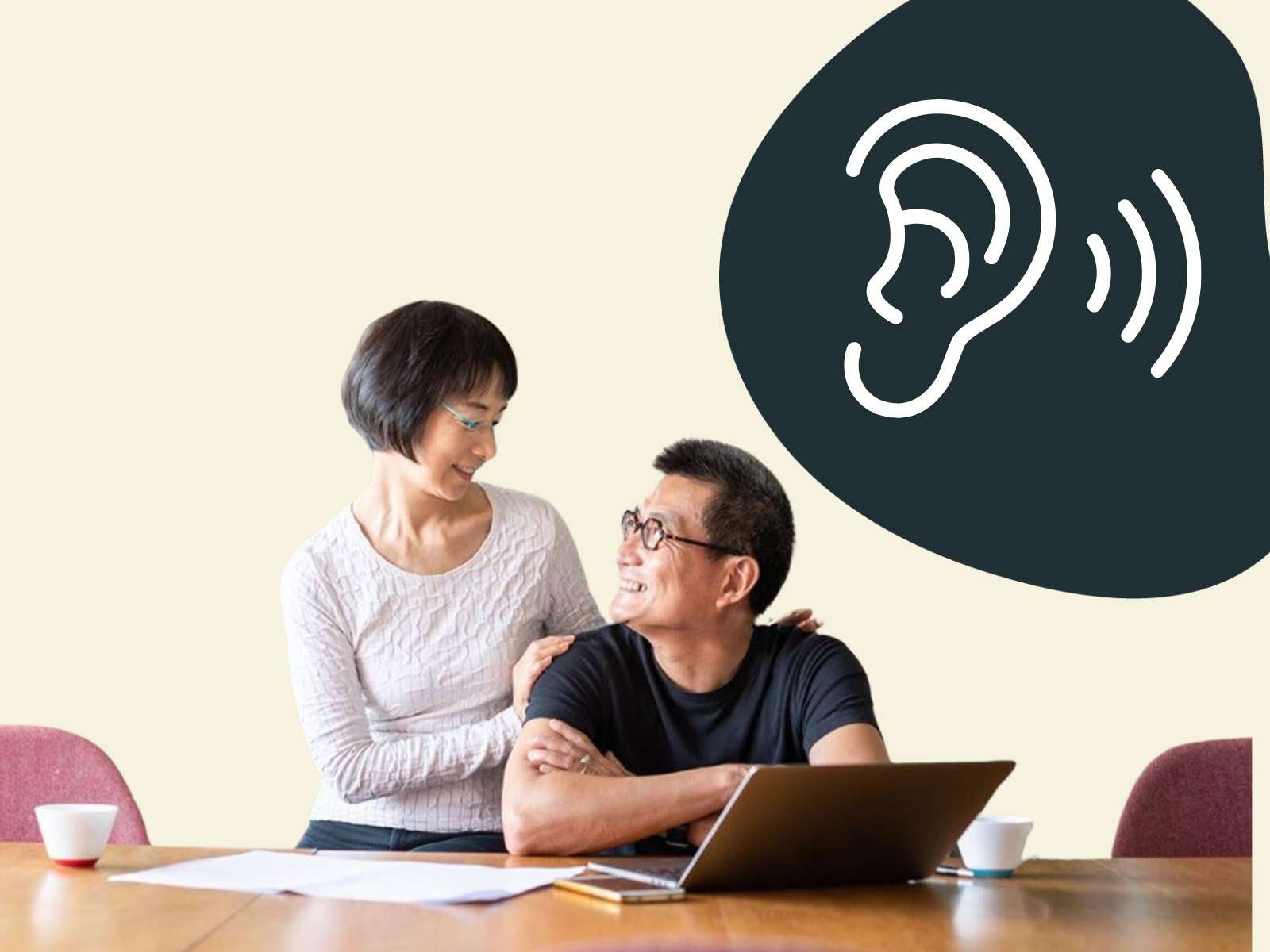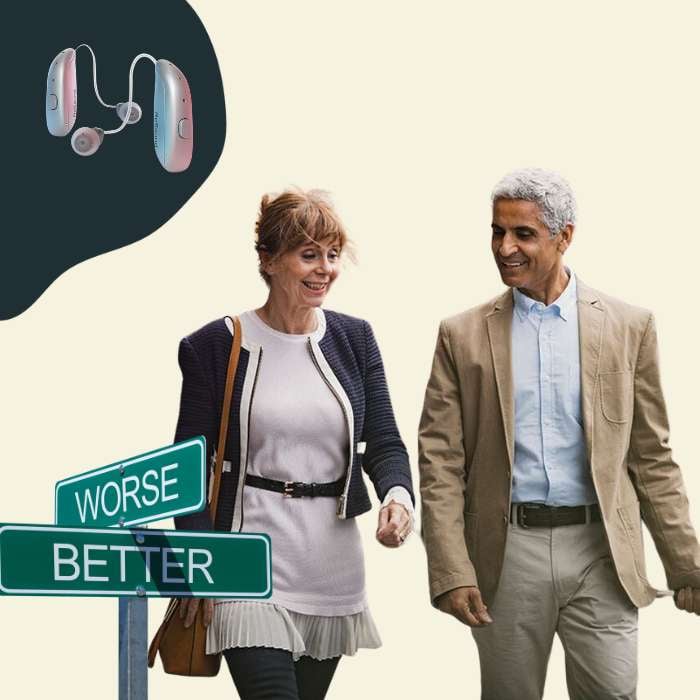Key Takeaways:
- Hearing loss makes understanding speech more difficult, and hearing aids can help improve speech understanding.
- When hearing aids are set appropriately for an individual's hearing loss, they are generally considered safe to wear without damaging residual hearing.
- Not treating hearing loss can have negative consequences. Hearing aids are a low-risk intervention that preserve auditory processing.

Will My Hearing Get Worse If I Don't Wear a Hearing Aid?
As an audiologist, I have worked with many people with hearing loss. One of the most common concerns that people express when they come to me is whether they should get a hearing aid or not. They often ask me, "Will my hearing worsen if I don't wear a hearing aid?" It's a valid concern, and it's essential to understand the progression of hearing loss and the role of hearing aids in managing it. This question has several facets, and we'll dig into what you should know. In this article, I will talk about what hearing aids do, situations where they could actually damage your hearing, and provide you with some essential knowledge to help you make informed decisions about your hearing health.

Understanding Hearing Loss
First, let's talk about how hearing loss progresses. Various factors, including age, noise exposure, genetics, and certain medical conditions can cause hearing loss. However, we'll focus on the most common cause of hearing loss, age-related hearing loss, which affects almost everyone to some degree as they get older. Once hearing loss begins, it either remains or continues to progress. Age-related hearing loss typically progresses slowly over years. Often, it's so gradual that it may take years before it becomes noticeable. High-frequency hearing loss makes communication challenging. Age-related hearing loss usually starts with a loss of high-frequency sounds, such as speech consonants like "s," "f," and "t." Patients often report that others mumble a lot, the TV volume increases, and they struggle to hear conversations in noisy environments such as restaurants.
At this point, family members may initiate a conversation about hearing aids or getting a hearing test. However, the person with hearing loss may not perceive it as a problem worth addressing. As time goes on, they may realize that hearing difficulty is impacting their quality of life and wonder whether it's time to try hearing aids. Before making that leap, they may have questions about what it would mean for them to wear hearing aids.
What Hearing Aids Can (and Can't) Do
Now, let's discuss what hearing aids can and can't do. Hearing aids are designed to amplify sounds and improve speech understanding for individuals with hearing loss. They do not cure hearing loss or restore normal hearing. However, hearing aids can bring back sounds that were previously difficult or impossible to hear, making it easier to communicate with others and enjoy daily activities. Most people find that wearing well-fit hearing aids makes conversation less frustrating and more enjoyable.
Let's break this down and think of it like a risk-benefit analysis.

Do hearing aids improve hearing?
There are a few ways to think about this. Wearing a hearing aid can prevent further deterioration of your hearing, including higher-level processing, by providing auditory input that your brain needs to stay active and healthy. Additionally, wearing a hearing aid makes it easier to communicate with others, reducing social isolation and preserving cognitive function. While wearing a hearing aid won't reverse hearing loss, it can help preserve auditory processing and mitigate other downstream effects of hearing loss, such as social isolation, depression, and frustration.
Even the best hearing aid on the market won't restore normal hearing. However, while hearing aids take time to adjust to, the difference they can make is remarkable. I had one patient recently who came into the office and asked if I was aware that the turn signal in a car makes a noise. This patient was discovering all kinds of new sounds in their environment, feeling more connected, safer, and aware of their surroundings.
Ok, so we know that hearing aids are beneficial. Are there any drawbacks?
Will wearing hearing aids negatively impact my natural hearing?
When hearing aids properly fit your prescriptive targets, the volume when listening to normal conversation is safe. Audiologists ensure proper hearing aid fitting with Real-Ear Measurement to ensure the volume in your ear is safe, appropriate, and comfortable while wearing the hearing aids. One study from 1977 that examined 261 hearing aid patients over ten years found no hearing threshold change occurred in the aided ear due to hearing aid use. Today, hearing aids are much different than in the 1970s and utilize a technique called compression to amplify speech and make it audible without being uncomfortably loud.
On the other hand, if your hearing aid is set to a level that is too loud, it could cause damage. I had a patient come in with a pair of her relative's hearing aids, and she said when she tried to wear them, everything seemed much too loud and sounded distorted. I was glad that she brought them in because they were set inappropriately high for her hearing loss. Overamplification is one example that could cause damage to your hearing, and it's important to have hearing aids fit appropriately for your hearing loss. Additionally, wearing hearing aids in dangerously loud situations can result in hearing loss, with or without hearing aids. For example, if you go to the gun range, you'll need to take your hearing aids out and put in hearing protection.

Will my hearing get worse if I don't wear a hearing aid?
While not wearing a hearing aid will not cause your hearing thresholds on an audiogram to worsen, it could impact your ability to process what you hear, particularly in background noise. For example, choosing whether or not to wear glasses will not impact your vision, but it sure makes the world easier to navigate.
It's important to note that not wearing a hearing aid can also have negative consequences. When fit appropriately, hearing aids are a low-risk intervention that generally does not cause hearing to worsen and can even preserve auditory processing. While everyone decides to pursue hearing aids on their own time, hopefully, this information helps you make the best decision for yourself.
Final Thoughts
Hearing aids are powerful tools that can dramatically enhance the quality of life for individuals with hearing loss. While these devices don't cure hearing loss or restore normal hearing, they play a crucial role in amplifying sounds, making communication less challenging and more enjoyable. Properly fitted hearing aids can prevent further deterioration of hearing by keeping the auditory processing active and healthy. They can also help mitigate the adverse effects of hearing loss, such as social isolation and depression. It's vital to understand that inappropriate use or overamplification can lead to further hearing damage. Professional assistance helps ensure the correct hearing aid fitting. Finally, not wearing a hearing aid won't worsen your hearing but could impact your ability to process sounds, especially in noisy environments. Making an informed decision about whether or not to wear hearing aids is a personal journey, but awareness and understanding can guide you toward the best choice for your hearing health.






